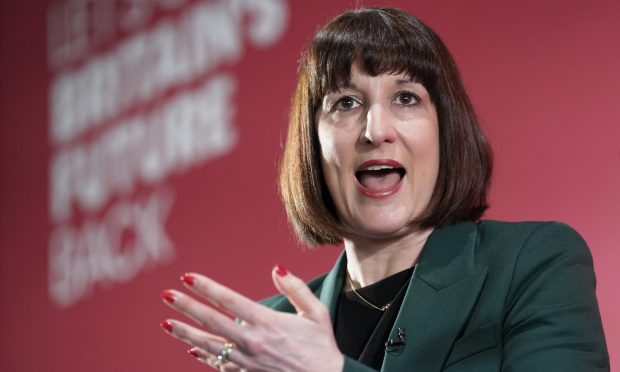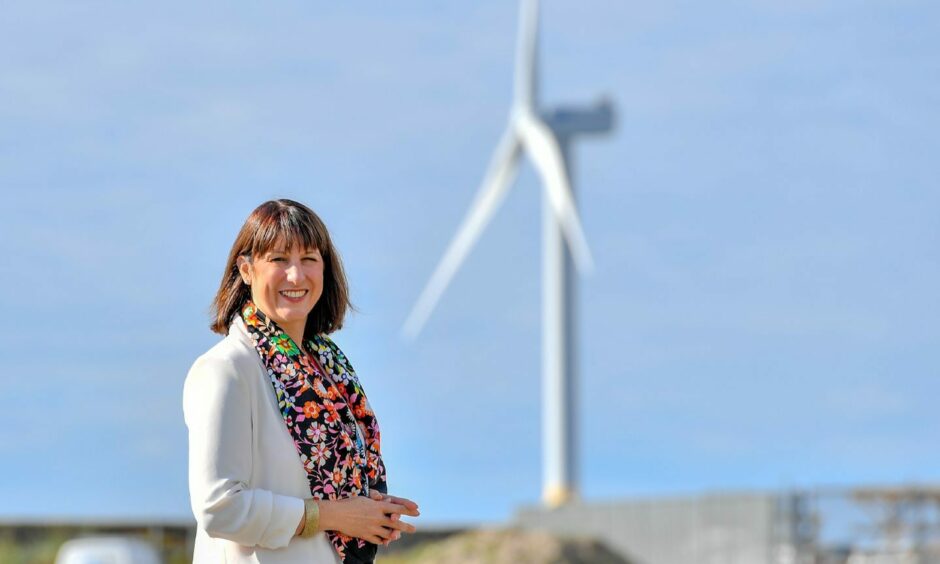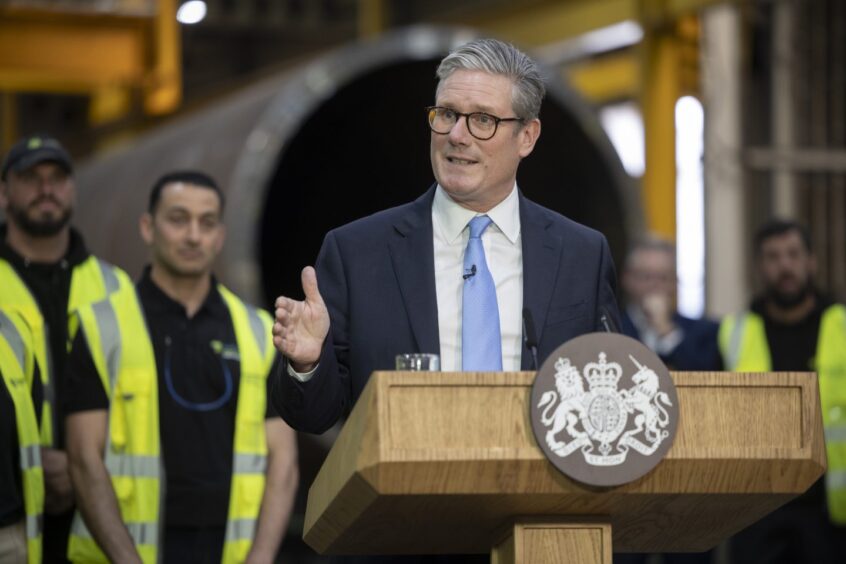North Sea windfall tax will be increased and extended the Government has confirmed.
Chancellor Rachel Reeves has set out plans to remove the “unjustifiably generous investment allowances” oil and gas firms receive through the energy profits levy.
Labour has stuck to its guns despite industry outcry regarding its energy profits levy (EPL) reform as it outlined plans to increase the rate paid by North Sea operators by three percent.
The rise will come into effect as of 1 November 2024. The period that the levy applies is also being extended to 31 March 2030, which is the end of the financial year in which the current Parliament is due to finish.
Labour vowed to raise the rate of the EPL, or windfall tax, to bring the headline rate of tax paid by UK firms to 78% while “closing loopholes” in the existing policy during its successful election campaign.
A UK government statement explained: “Today the government is announcing that the rate of the Energy Profits Levy will increase to 38% from 1 November 2024, bringing the headline rate of tax on upstream oil and gas activities to 78%.”
Ahead of its landslide win this summer, the Labour Party had also set out plans to “close loopholes” in the windfall tax.
“The government will also remove unjustifiably generous investment allowances from the Energy Profits Levy, including by abolishing the levy’s main 29% investment allowance for qualifying expenditure incurred on or after 1 November 2024,” today’s statement explained.
AGCC: Windfall tax extension ‘reckless, wrong and economically ruinous’ for North Sea
Responding to the statement from Chancellor Rachel Reeves this afternoon, Russell Borthwick, chief executive of Aberdeen & Grampian Chamber of Commerce, said:
“This decision is reckless, wrong and economically ruinous for the North sea and ignores the explicit warnings of industry, investors and unions.
“The Chancellor should be on the next flight to Aberdeen and meet with the companies who will be pulling investment from the UK and the workforce who will be extremely worried for their future.
“The new government is pushing the North Sea dangerously close to ‘game over’ territory and this will, in turn, put our energy transition at risk.
“Instead of seeing the energy sector as the solution to challenges in the UK’s public finances, the Chancellor has taken the wrongheaded decision to tax the industry into oblivion. The consequence of that will be £20billion lost in revenues to the Treasury, even more reliance upon imported oil and gas – worse for the planet and the economy – and tens of thousands of jobs placed in jeopardy.
“Confidence in the UKCS is already at rock bottom. Unless the UK government rolls back from this position on the Energy Profits Levy then we’re facing the destruction of industry on a scale not seen in over thirty years.”
The importance of investment allowances
Investment allowances are a key component of Norway’s taxation policy as the country incentivises firms to reinvest within Nordic waters.
The former mayor of Stavanger and president of Offshore Europe’s sister event ONS, Leif Johan Sevland, told Energy Voice about the importance of such investments to his country’s energy sector success ahead of the general election.
He said: “Those incentives, without them we wouldn’t have succeeded at all.
“There is a kind of flexibility in the Norwegian system, you’re paying high tax, but then you have a lot of incentives whatever you’re doing which makes for running in a good way.
“There’s no debate in Norway about that, it’s accepted, that’s the way it should be. I think the companies are living fairly good with it as well, I say fairly good because you should always complain about tax.”
However, changes to investment allowances may not spell disaster for oil firms as “there are no plans to change the availability of capital allowances in the permanent regime.”
Senior analyst for Wood Mac James Reid previously told Energy Voice: “The worst case scenario that the industry is very worried about is the removal of the capital allowances as well.
“For a pre-production project, losing those capital allowances would significantly harm the economics of these projects.”
The government has also said that it will maintain the decarbonisation investment allowance that is currently part of the EPL.
The windfall tax currently has two investment allowances, the 29% investment allowance and the 80% decarbonisation investment allowance.
The statement added: “Further details on these changes will be set out at the Budget.”
Labour plans prompted ’emergency summits’ earlier this year
Industry has been vocal about the impact of the EPL in its current state as trade body Offshore Energies UK (OEUK) shared figures on how firms have slashed spending in the country since the introduction of the fiscal policy.
In early 2023 OEUK shared that 90% of North Sea oil and gas producers cut spending as a result of the EPL.
Ahead of the election OEUK said it would hold “emergency summits” with operators and the supply chain over Labour’s windfall tax plans.
At the time OEUK chief executive David Whitehouse said: “The offshore energy sector supports over 200,000 jobs.
“These are real people, working in our energy industry today. Today’s announcement jeopardises jobs in communities across the UK.
“This is something the Prime Minister committed in his manifesto not to do.
“Announcements like this without engagement is no way to treat these hard-working people.
“We have tonight spoken to the Treasury Minister and expect further and urgent engagement with the sector.”




Conversation